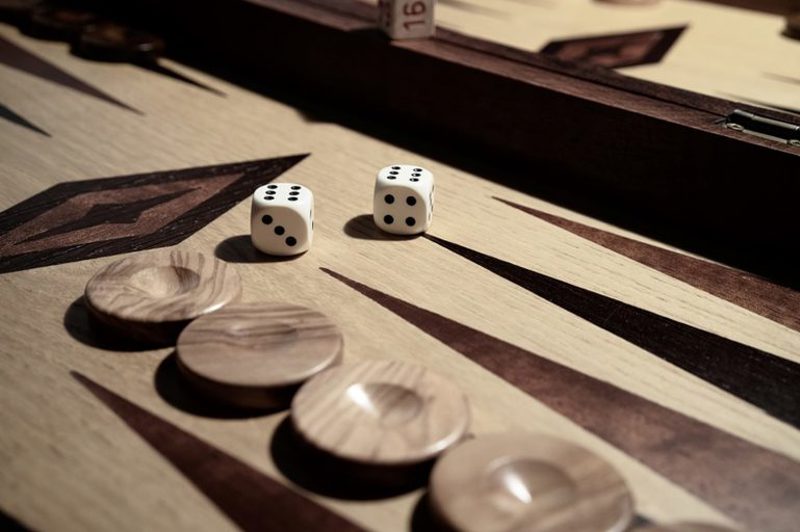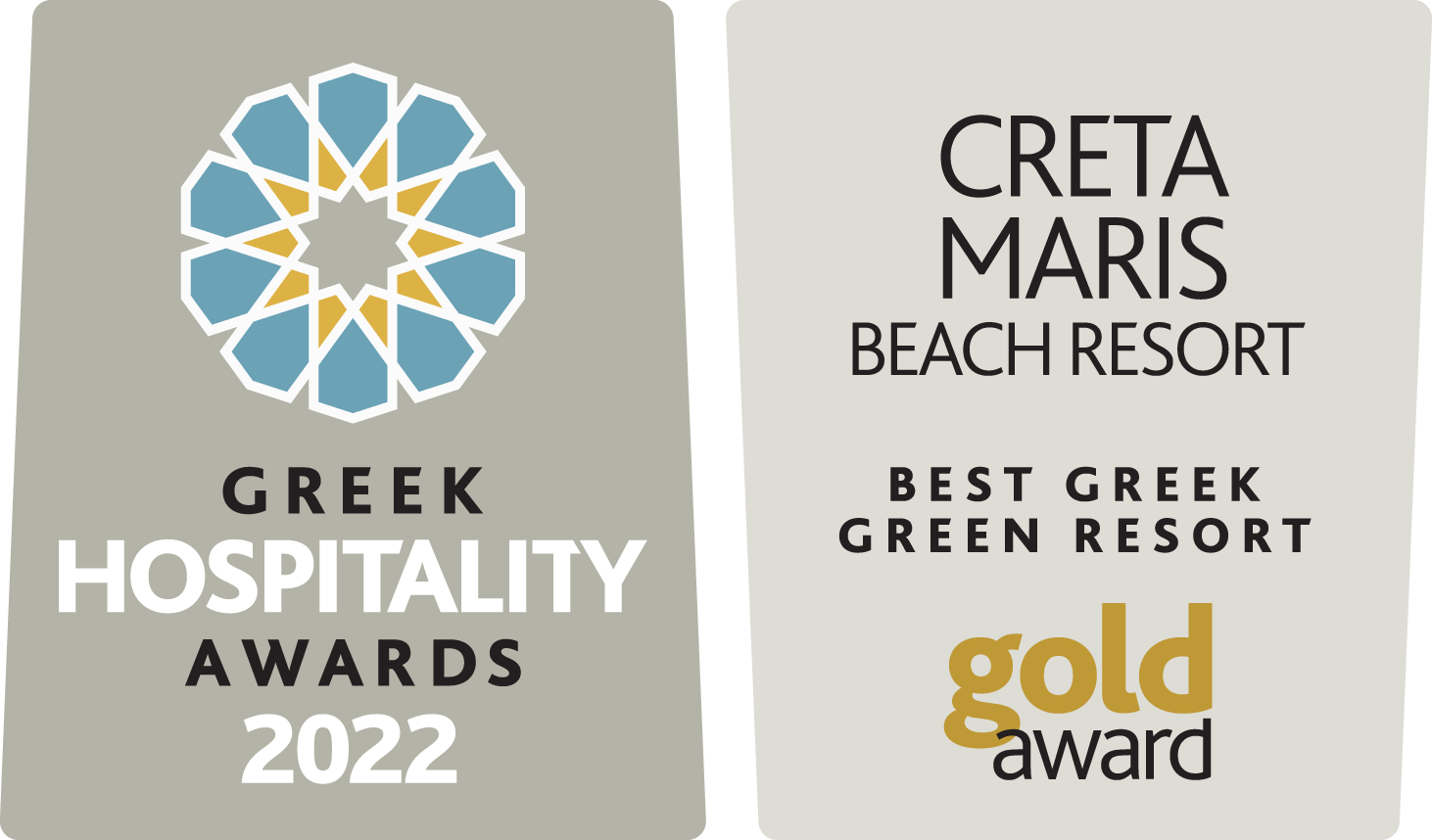
Everywhere you go in Greece, the game Greeks call Tavli (in English Backgammon) is played by young and old, a favourite pastime in cafes and bars across the country. Tavli means ‘board’ in Greek and it’s also the name used for the various types of games played on a backgammon board. Three types of game, each with slightly different rules, is played in Greece: Portes, similar to western backgammon, is the simplest, (and for expert players in Greece almost totally ignored). The more complex Plakoto, which starts with all the pieces off the board is more common, and Fevga is the preserve of the most accomplished players. As the complexity of the rules increases, so does the amount of skill rather then luck play a part in deciding the winner. Hence the best players prefer Fevga.
The history of Tavli, one of the oldest board games, goes back to around 3000 BC and is thought to have originated in what was known as Mesopotamia – an area that covered today’s Turkey, Iraq amd Syria. Other archaeological findings date back a checkers and dice game played in Iran, to more than 5000 years ago. But it was the Romans who first made Tavli truly popular in the Mediterranean, with their version Duodecum Scripta et Tabulae or Tabula (Tables) for short. Legend has it that Emperor Claudius was a keen player along with Emperor Nero who gambled huge sums of money when playing. Centuries later the English word for the game – ‘Backgammon’ emerged, first appearing in print in the 17th century. No one knows for sure where the name came from, but experts suggest it’s derived from the Middle English ‘baec’ (back) and ‘gamen’ (game).
Greek claims as the founders of Tavli are based on the fact that dice games can also be traced back to Ancient Greece, when dice were called ‘Astragals’ and often made of animal bones. Ancient Greeks attributed the invention of dice and the game to the Homeric hero Palamedes, and according to Sophocles, it was Palamedes who invented Tavli. Whatever the theories, it’s clear that Tavli was a game that was widely played throughout the Middle East and made its way to Europe around the eleventh century. Played for hundreds of years in Egypt and Turkey up until the present day, (its Turkish name is Tawula), Tavli continues to be one of the great and most popular games, not just of Greece, but of the southern Mediterranean and Asia Minor.


















